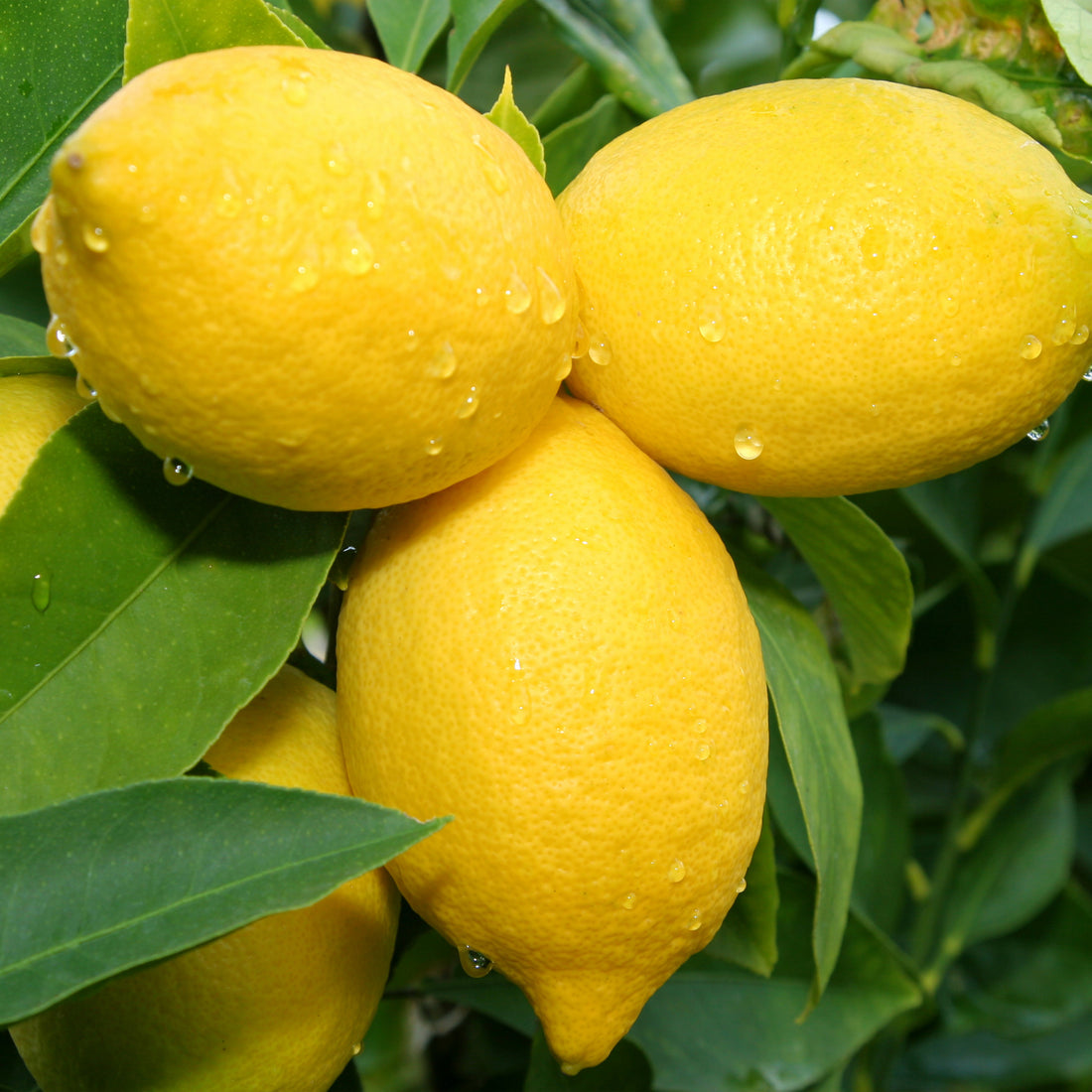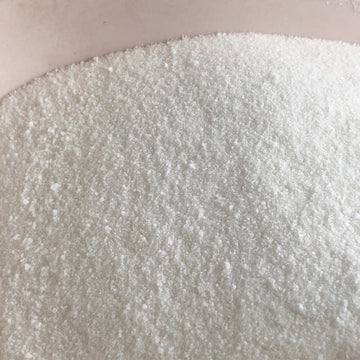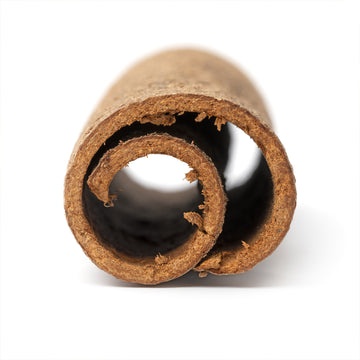
Citrus Limonum (lemon oil)
Citrus Limonum (Lemon Oil): Properties and Applications
Citrus limonum, commonly known as lemon oil, is an essential oil derived from the peel of the lemon fruit. This oil has been used for many years in various applications, including aromatherapy, personal care products, and cleaning solutions. Its popularity stems from its characteristic scent and beneficial properties.
What is Citrus Limonum?
Citrus limonum is the essential oil extracted from the peel of lemons (Citrus limon), a citrus fruit in the Rutaceae family. It is a pale yellow to greenish-yellow liquid with a fresh, crisp, lemony aroma. The primary constituent of lemon oil is limonene, along with other terpenes and compounds that contribute to its properties.
Extraction Methods
Lemon oil is typically extracted through two main methods:
- Cold-pressing: The lemon peel is mechanically pressed to release the essential oil, which is then separated from the juice and pulp.
- Steam distillation: Steam is passed through the lemon peel, vaporizing the volatile compounds, which are then condensed back into oil.
Cold-pressed lemon oil generally retains more of the fruit's natural aroma and compounds compared to steam-distilled oil.
Properties of Lemon Oil
Lemon oil has several properties that contribute to its usefulness in various applications:
- Antibacterial and antimicrobial: Studies have shown that lemon oil can inhibit the growth of certain bacteria and microbes.
- Antioxidant: Lemon oil contains compounds that can neutralize free radicals, potentially protecting cells from oxidative stress.
- Astringent: It has a toning effect on skin and tissues.
- Deodorizing: The strong citrus scent can help neutralize unpleasant odors.
- Mood-influencing: Some research suggests that the scent of lemon oil may have mood-enhancing effects.
- Cleansing: Its ability to cut through grease makes it effective in cleaning applications.
Safety Considerations
When used appropriately, lemon oil is generally considered safe for most people. However, there are some important safety considerations:
- Skin sensitivity: Lemon oil can cause photosensitivity. It's advisable to avoid sun exposure after topical application.
- Dilution: For topical use, lemon oil should be properly diluted in a carrier oil to prevent skin irritation.
- Quality: It's important to use high-quality, pure lemon oil from reputable sources.
- Pregnancy and children: While generally considered safe, it's advisable to consult a healthcare professional before use.
As with any essential oil, it's recommended to perform a patch test before widespread use.
Common Applications
Lemon oil is used in various products and applications:
- Aromatherapy: Often used in diffusers for its fresh scent and potential mood-influencing properties.
- Skincare: Included in some products for its astringent properties.
- Haircare: Sometimes added to hair products, thought to promote shine and help with oily scalp conditions.
- Cleaning products: Used as a natural deodorizer and grease-cutting agent in household cleaners.
- Air fresheners: Provides a fresh scent in room sprays and other air freshening products.
- Flavoring: Used in small amounts in food and beverages for lemon flavoring.
In conclusion, citrus limonum (lemon oil) is a well-established essential oil with a range of properties that make it useful in various applications. Its fresh scent and potential benefits continue to make it a common ingredient in both personal care and household products. As with any ingredient, its effectiveness can vary, and it's important to use it safely and appropriately.


